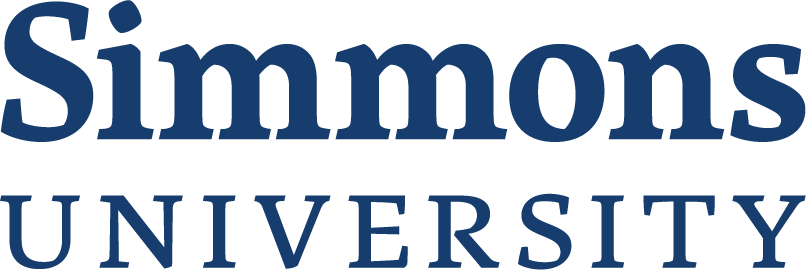Call for Proposals: Knowledge Organization within the Museum Domain
Posted March 15, 2017
Special issue of Knowledge Organization
Guest editor: Melissa Gill
Knowledge Organization (KO) invites proposals for a special issue focused on knowledge organization within the museum domain. Museums, like libraries and archives, are information institutions for material culture. Museum knowledge organization is object- and context-centric, focusing on the unique instantiation of a particular object and its historical and cultural relationships. Although the objects collected by museums of art, natural history, anthropology, science, and technology are diverse in nature, these institutions find commonality in their treatment of objects as entities whose characteristics and contexts evolve. Museums document information about an object as it changes over time, within and outside of the particular institution’s custody. The object’s creation, acquisition, exhibition, conservation, and deaccession are captured and documented. Furthermore, museum labels, didactic text, and publications produce additional knowledge about objects. The information record, in addition to the original object itself, is important for stewardship and interpretation.
The heterogeneous, iterative, idiosyncratic, and sometimes subjective nature of museum objects has over the years manifested in a non-standardized approach to knowledge organization. Over the years efforts have been made to standardize museum data within and across domains, such as Cataloging Cultural Objects (CCO), Categories for the Description of Works of Art, (CDWA), SPECTRUM, Lightweight Information Describing Objects (LIDO), Darwin Core, and the CIDOC CRM. The increasing focus on digital engagement coupled with open access initiatives has intensified the need for metadata and its standardization in the museum domain.
In this special issue, KO aims at addressing the organization of knowledge in the museum from a diversity of perspectives; contextual, case-specific, theoretical, empirical, historical as well as contemporary perspectives, etc., are all relevant as long as they add value to the understanding of the museum domain as a knowledge organizing environment.
Please submit abstracts of approximately 500 words to the editor of this special issue at [email protected] by April 15, 2017.
Full papers should fall within the range 6,000-10,000 words (see author instructions,http://www.isko.org/instructio
Timeline
- Deadline for abstracts: April 15, 2017
- Notification to authors: May 15, 2017
- Deadline for submission of full papers: June 15, 2017
For questions about this special issue, please contact the guest editor. All inquiries about the journal and manuscripts should be directed to the editor-in-chief, Richard P. Smiraglia, Professor, University of Wisconsin Milwaukee ([email protected]).
Knowledge Organization (ISSN 0943-7444) is the official journal of ISKO, International Society for Knowledge Organization (http://www.isko.org/). It is published eight times each year by Ergon Verlag of Würzburg, Germany.
